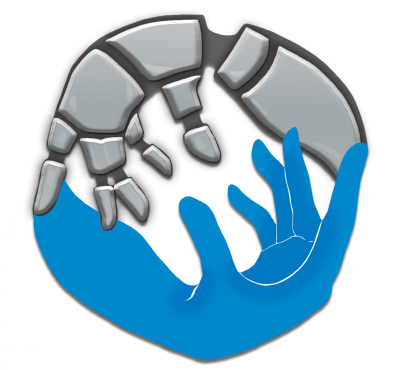Artificial Intelligence, Ethics and Society: A Campus-wide Discussion

Artificial intelligence (AI) algorithms are deciding everything from which friends’ Facebook posts you see to how to set bail for defendants. The impact of AI technology will only grow, yet many crucial questions still have no clear answers. AI has evolved rapidly; the rest of the world needs to catch up.
 The technology’s far-ranging implications on society are the topic of “AI, Ethics, and Society @ Yale,” a daylong event that brings together speakers and panelists from across campus. The April 5 event, the first of its kind at Yale, will address AI’s impact on society from a moral, legal and philosophical perspective.
The technology’s far-ranging implications on society are the topic of “AI, Ethics, and Society @ Yale,” a daylong event that brings together speakers and panelists from across campus. The April 5 event, the first of its kind at Yale, will address AI’s impact on society from a moral, legal and philosophical perspective.
Nisheeth Vishnoi, professor of computer science, said Yale is uniquely positioned to tackle these challenges given the incredible strengths it has across its divisions and schools, and the many collaborations between them.
“This is an extremely urgent matter, and I think Yale could be one of the premier places to do this kind of research,” Vishnoi, who is one of the organizers of the event. “This is one of the most important threads of research right now in computer science - trying to understand how we can redesign AI to keep in mind human-centric considerations.”
Of course, the issues go well beyond the field of computer science, as reflected in the wide range of speakers and panelists taking part in the event. The numerous fields represented include law, economics, psychology and management. Computer science needs to lead this effort, Vishnoi said, but a broad spectrum of expertise is needed. In law, for instance, AI is being used to decide the fate of defendants in some cases.
“Algorithms take the data of a particular person and based on that, spits out a score that is then used by the judge to decide whether to give this person a bail or not,” Vishnoi said. “What was realized was that these algorithms are often biased against certain minorities. They are trained on human-generated data, so they learn about human biases and can make them worse.”
Even our casual use of social media is affected by AI, as algorithms prioritize and present content to Facebook users, increasingly customized to the user’s preferences. But as these algorithms learn the user’s preferences, they end up providing content in a way that affects those preferences.
“It’s what is known as nudging, and there are allegations that this kind of nudging is being used to attain political goals by various campaigns.”
With such sweeping implications, reducing the negative effects of AI is no longer a matter confined to computer science.
“A dialogue is required between all stakeholders, which includes people from disciplines such as philosophy, ethics, and economics,” he said. “Psychology is important because you want to understand how humans react to information and how they can be manipulated. So is law, because in the end, we want to come up with the legal and ethical principles that govern these AI algorithms, for which we don’t have much understanding now.”
It’s a lot to figure out, and Friday’s workshop is just the beginning. The event will end with a panel moderated by Vishnoi on how Yale can develop an ongoing campus-wide effort to address the many issues and questions about AI and its impact on society.
“AI, Ethics, and Society @ Yale” takes place Friday, April 5 at Yale on York (150 York St) from 8 a.m. to 4:30 p.m.For more details and to register, go to the event’s website.

